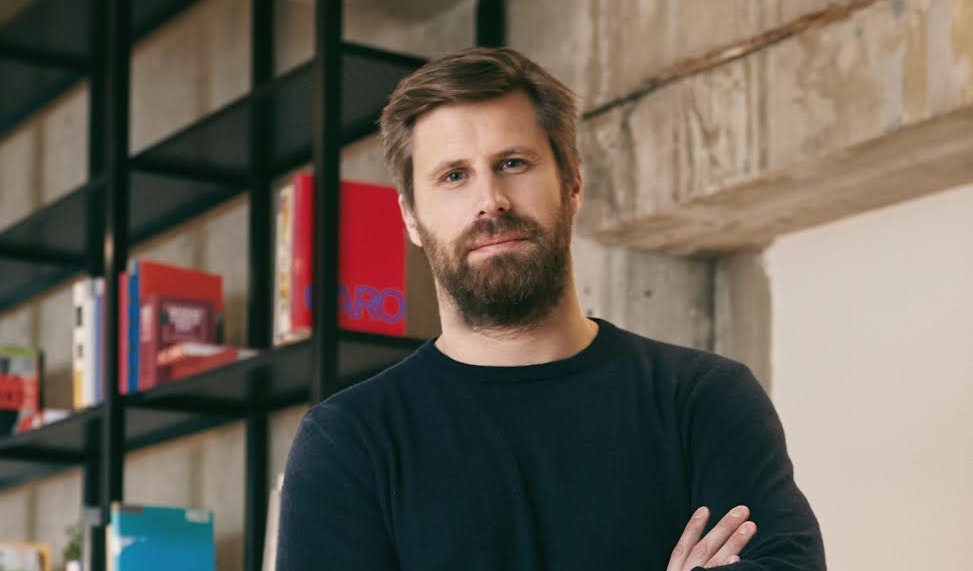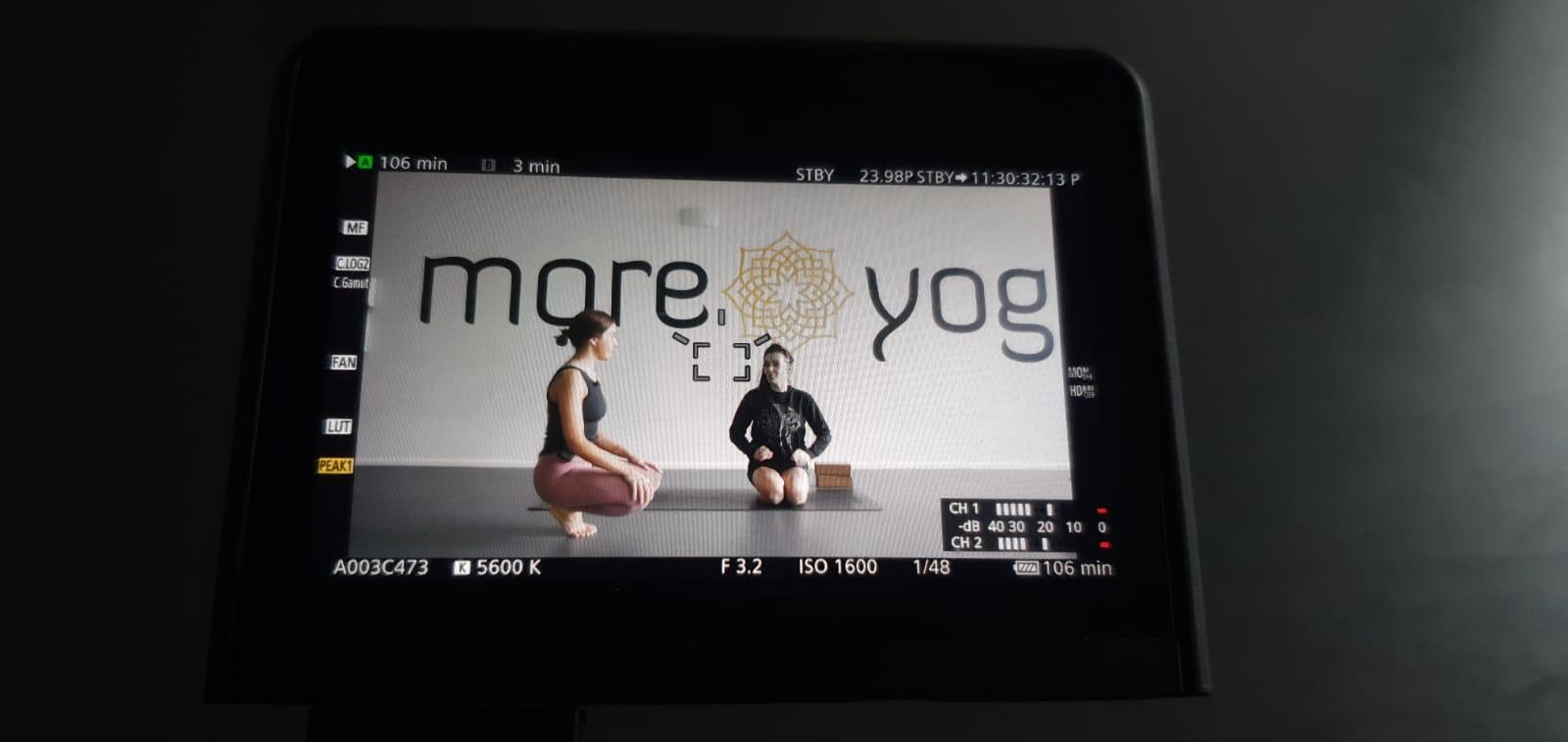It’s no secret that Europeans stuck at home because of coronavirus are binge-watching videos online. A lot of videos.
So many that the European Commission had to step in and ask Netflix and other online video behemoths to cut back on quality to avoid saturating telecoms infrastructure. Netflix this week said 16m people created accounts in the first three months of the year.
But it’s not just US giants like Netflix and Disney that are benefiting from the surge in appetite from consumers. For startups in Europe too, confinement offers an opportunity to catch consumers at a time when they’re more receptive to experimenting outside their usual viewing habits.
“People are spending a lot more time on screens because of confinement, and they’re also trying new things, exploring different content and new ways of accessing it,” says Jean-David Blanc, a serial entrepreneur who founded Molotov TV, and AlloCiné before it. “It’s an accelerator for our industry. It will translate into growth.”
Like other European startups of streaming, Molotov is gaining more users now in a month than it usually does in almost a full year. Since it was founded in Paris in 2015, the company has won over 11 million users — one million of whom have signed up in the past month and a half.
More eyeball time
“There’s a lot of appetite for news content, but also for movies — it’s across the board,” says Blanc. Time spent watching videos on the platform is up by about 26% per person in recent weeks, and each user spends 4 hours and 15 minutes on average once they’ve logged on, whether from a connected-TV, a smartphone or a tablet, he says.
For Molotov, whose app looks vaguely similar to Netflix but is built for streaming and recording live television, the key is differentiating from the big guys’ streaming catalogues. Blanc says he offers content that Netflix doesn’t: content with broadcast rights owned by TV stations.
After Disney launched its streaming app in Europe a few weeks ago, topping downloads rankings in countries including France, Molotov launched its own product for kids and students. The content is picked to fit school curriculums for all ages, spanning from educational videos to documentaries and films.
The offering was in the works for months, but school closings amid the Covid-19 pandemic prompted the company to accelerate the launch. It’s free at least until kids go back to school, Blanc says. More broadly on Molotov, a lot of the viewing on the app is free, with premium subscriptions for extra channels and services ranging from €1,99 to €11,99 per month.
Concerts and operas
Medici.tv is another startup that’s enjoying a jump in demand. The app lets people watch classical music concerts and operas on-request — a welcome offering for many aficionados as coronavirus has forced theatres to shut.
Founder and chief executive Hervé Boissière says he created Medici 10 years ago to build a YouTube equivalent for classical music — not an easy win in a rather conservative industry. Boissière’s dream is now coming to life at accelerated speed because of decisions around the Covid-19.
Viewership has grown more than 200% over the past five weeks (roughly when confinement started for most countries) on the platform. Medici had 400,000 unique visitors last month, with a majority of first visits. It has 22,000 paying subscribers (at €9,99 per month), roughly 2,000 more than it did in end-February.
“There’s an explosion of demand but there’s also a tsunami of offering,” says Boissière. “The world of concerts is now going through what movies and series went through with Netflix; more content is being shared online and consumers are discovering just how great the catalogues really are. They can’t get enough.”
Still, cashing in is complicated
While there’s no question that the spike in viewership is giving companies big and small a boost, it’s hard to tell at this point how much of that will stick in the long run, and what portion of viewers will stay as regular paying subscribers.
It may be less of an imminent question for Molotov, whose primary focus is growth rather than gathering paying customers in the short term. But the debate is especially relevant for theatre and music shows, with live performances already ruled out from the first wave of de-confinement measures that governments across Europe are pondering.
Content owners in that space will have to strike the right balance on monetising in the digital world until they can get back to arts in real life.
“Most of the offering being uploaded right now, by concert halls but also artists themselves, is given away for free,” says Medici’s Boissière. “In the mid to long run we’ll have obvious benefits from the increased streaming demand, but all this free content poses challenges too.
“As an industry we’ll have to strike a balance, heading towards more durable models of streaming, to protect the value chain beyond the coronavirus crisis.”


